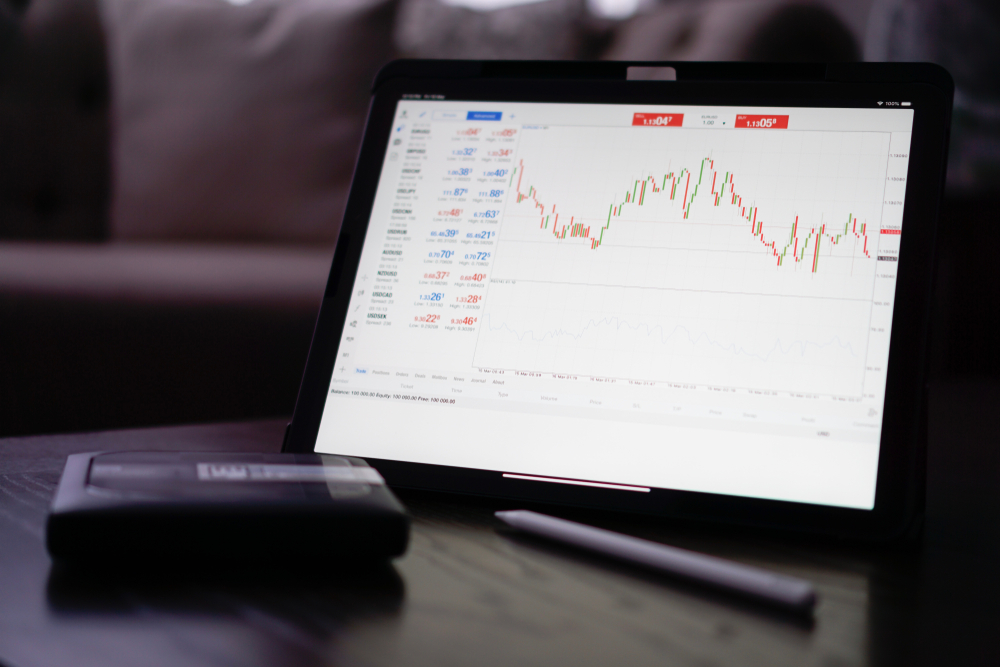The definition of what the concept of scalping represents, has altered substantially over recent years. To many old school traders (who can still recall when internet based trading was born) scalping means; searching for a profit equivalent to more than the spread cost. For example; if the spread on GBP/USD was circa 2-3 pips, you’d be trying to bank the equivalent of perhaps 2-3 pips above your spread cost. You’d be executing the trades principally in a freehand/manual process, continuously searching for price action that could indicate market changes, which offered up trading opportunities.

In the early days of the retail FX industry, your scalping trades would last for seconds, or minutes. You’d have no defined target in place for your loss or profit target on each trade, you’d take each trade on a trade by trade basis. And you’d have to analyse your chart and time frame in an instant, using perhaps standard candlestick formations, to make lightning quick decisions. Most of your decision making would in fact be more gut feeling, over and above judicious and precise technical analysis.
Not only was such a manual trading method and strategy exhausting, its lack of precision and haphazard nature, was fraught with unnecessary risk. For the most part, it often felt like random gambling, as opposed to disciplined trading. And back in the early days of internet trading, using proprietary platforms (belonging to individual market making/dealer desk brokers), with internet speeds of less than 0.5 mbps and spreads of perhaps 2-3 pips on the major currency pairs, the process of scalping was mostly impossible. Even if you were highly skilled you had other barriers and issues to contend with; your chances of getting your trades filled at the prices quoted, whilst rarely experiencing slippage, on platforms prone to sudden freezing, were close to negligible.
Retail traders, who began trading at the birth of internet based trading, will never tire of advising novices and intermediate level traders that they’ve “never had it so good”. Whilst scalping was close on impossible a decade or so back, scalping in today’s climate, measured by its current wide ranging definition, is no longer an out of reach task. Based primarily on the market access most traders should experience, if they choose STP-ECN access through a credible broker, over a reliable trading platform, scalping FX is now a realistic possibility.
The definition of scalping has evolved over recent years. Whereas previously it referred to an attempt to bank a small profit, marginally bigger or equivalent to the spread cost in seconds or minutes, to most retail traders it now refers to simply attempting to bank a small profit, on each trade. With spreads of generally less than 1 pip available on major currency pairs, during many periods of high liquidity and volatility, through STP-ECN brokers, as your transparent order is placed into a liquidity pool to be instantly matched, the overall process and your trading experience, is incomparable to what traders contended with several years back.
Retail traders now have the ability to access this quality of service through an award winning platform, such as MetaTrader’s MT4 platform. This free service will allow traders to place significant parameters surrounding each trade, whilst they have the confidence to know their STP-ECN broker will execute their trade and access to the FX market immediately and at the best price available. You also have the ability to stretch the definition of scalping, to fit many methods and strategies, it’s no longer regarded as a fixed concept.
No longer do you have to manually and randomly trade. You no longer have to spend hours, slumped over a bank of three screens, waiting to react to developing price action. You can easily, with a short education on how to code, using the MetaQuotes MQSL software/programme, begin to pre-programme your platform to execute scalping style trades based on your instructions, after you’ve created your expert advisors.
These expert advisors are your own versions of the: artificial intelligence, high frequency, trading algorithms, which major financial trading institutions will use, in for example: the City, on Wall Street and in Tokyo. You can code your own advisors to scalp, based on your own set of carefully defined rules, including the all important concept of limiting risk. Taking a moment, to consider how light years ahead that process is, in comparison to where retail trading began, should make you realise the massive opportunity FX now trading represents.


